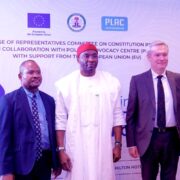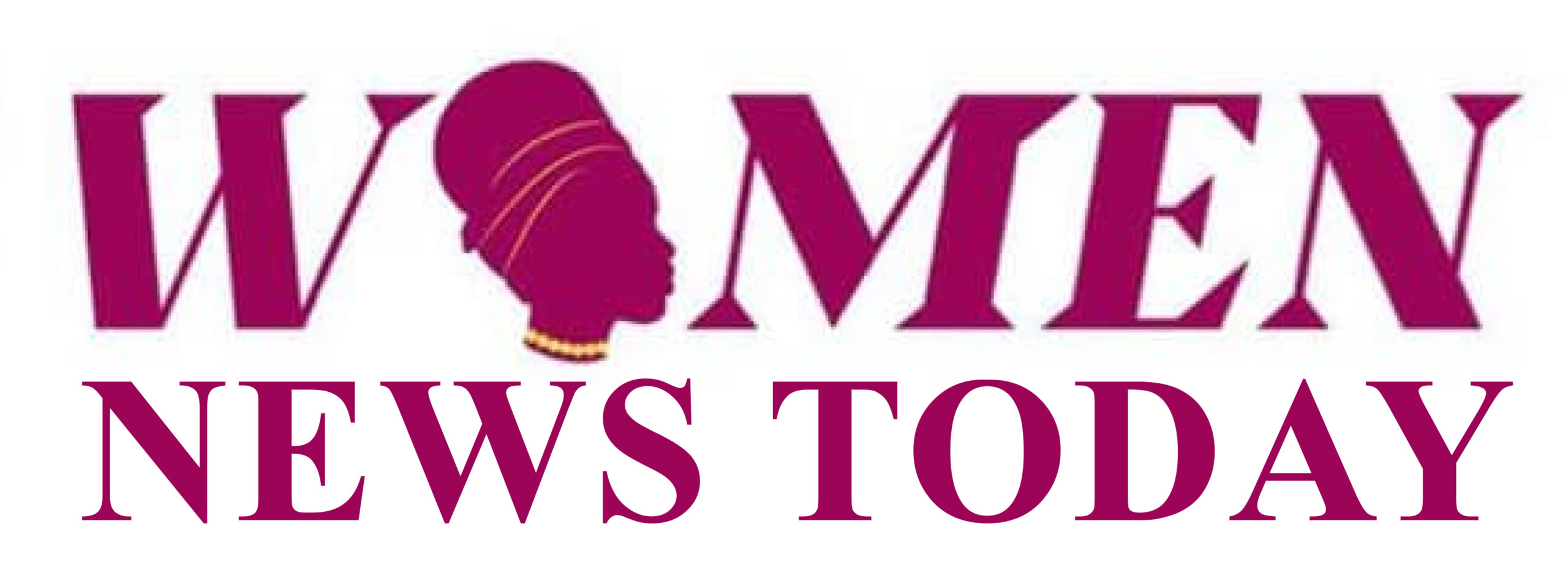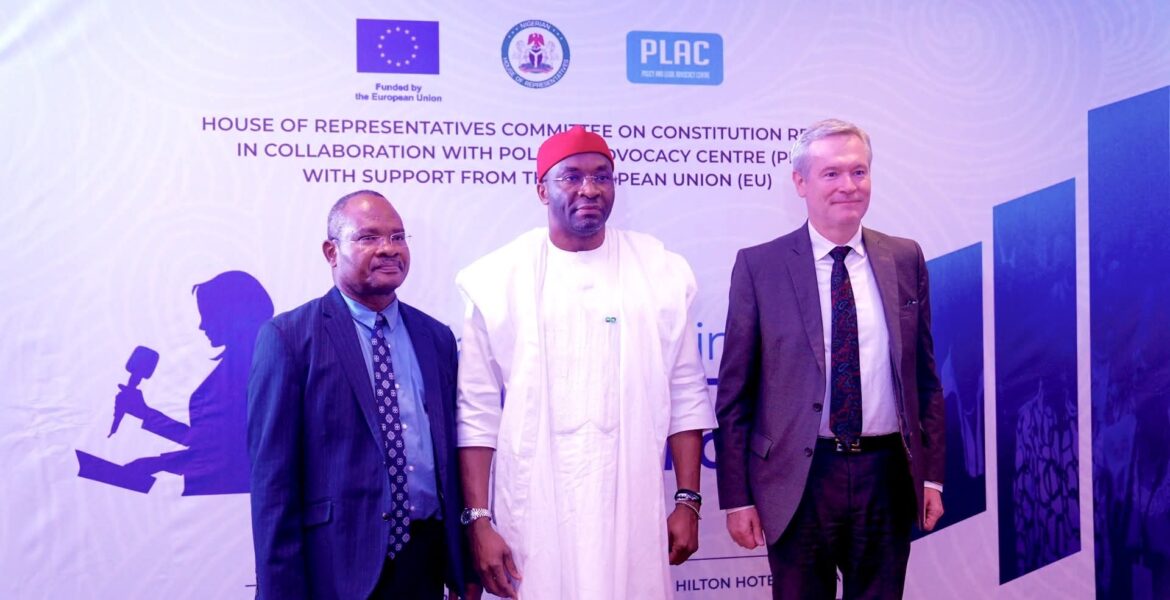…canvas urgent constitutional reforms to tackle gender inequity
Nigeria’s dismal record on women representation in governance has drawn renewed condemnation, with rights advocates and international partners calling for constitutional amendments to address systemic exclusion and cultural barriers.
Executive Director of the Policy and Legal Advocacy Centre (PLAC), Clement Nwankwo, declared on Wednesday that Nigeria holds the worst record of women representation on the African continent, despite its size, resources, and democratic credentials.
Speaking during a media parley with the House Committee on Constitution Review and the Nigeria Guild of Editors in Abuja, Nwankwo said the situation is so dire that it has led to Nigeria losing voting rights at key global parliamentary platforms.
“As we speak, there are only 14 or 15 women in the House of Representatives out of 360 members. In some geopolitical zones, you may find only one woman or none,” he lamented.
He added: “When Nigerian legislators travel abroad for international parliamentary meetings, they often find that the country’s votes are reduced or denied because of poor gender representation. It is an embarrassment.”
Nwankwo criticised lawmakers who justify the lack of women in politics on the basis of culture and religion.
“Some say, ‘You want my wife to leave the house and come and be doing politics?’ Others hide behind religion, claiming that a woman cannot preside over them,” he said.
He contrasted Nigeria’s situation with countries like Rwanda, Senegal, and Tanzania — all of which have far better female representation, with some led by women in key positions including Speakers of Parliament.
“Senegal didn’t go through a war. Rwanda did. But look at them today. Tanzania’s Speaker is also the Speaker of the International Parliamentary Union,” Nwankwo pointed out. “Meanwhile, in Nigeria, the Chairman of the Committee on Women is a man, just as the Committee on Youth is sometimes chaired by a man in his 60s or 70s.”
Also speaking at the event, Head of the European Union Delegation to Nigeria and ECOWAS, Gautier Mignot, said he was stunned by Nigeria’s poor gender inclusion when he arrived in the country in 2023.
“When I arrived here in Nigeria last September, I was really surprised to see how much Nigeria is lagging behind,” he said. “This country should be leading Africa in gender representation — not falling behind.”
According to him, countries like Mexico where he previously served have achieved perfect gender parity in politics, and there’s no reason Nigeria shouldn’t do the same.
“Look at Rwanda, look at Kenya. Nigeria has the potential to lead and be a global example, not just an African one,” Mignot said.
Beyond gender representation, PLAC also urged the Constitution Review Committee to amend the law to ensure no winner is sworn into office until election litigation is fully resolved — in a bid to level the playing field.
“What we see is that candidates declared winners are sworn in and begin to use state resources to fight off legal challenges,” Nwankwo said. “That tilts the process unfairly against petitioners.”
He said Nigeria’s 2023 presidential elections exemplified the undue advantage incumbency confers, regardless of merit.
“The idea is not to presume guilt or innocence, but to create a system where everyone contests on equal footing including in court,” he said.
PLAC also called for uniformity in the litigation process


